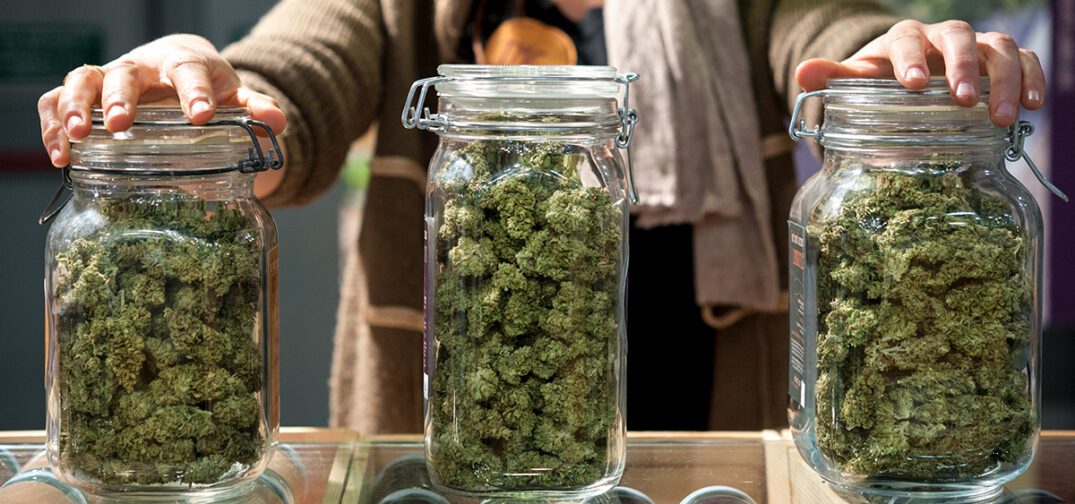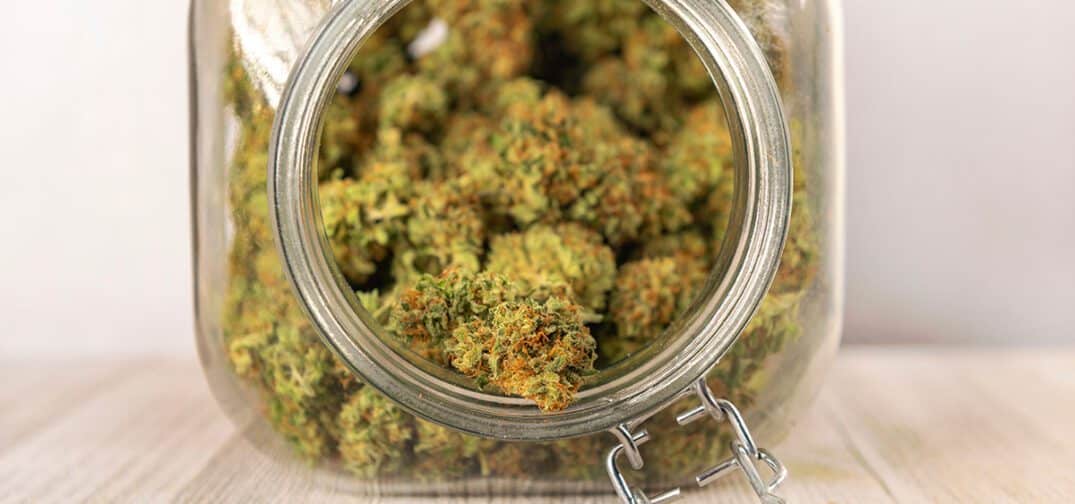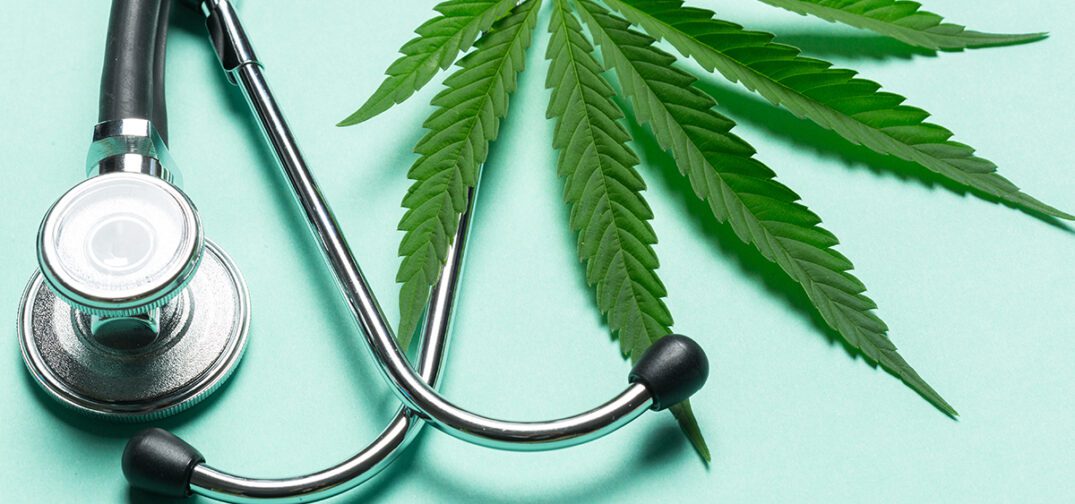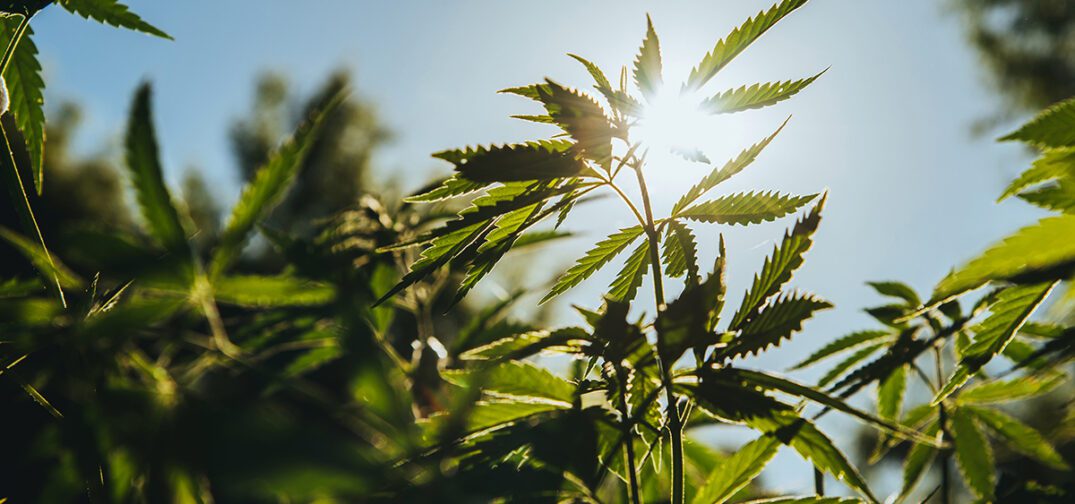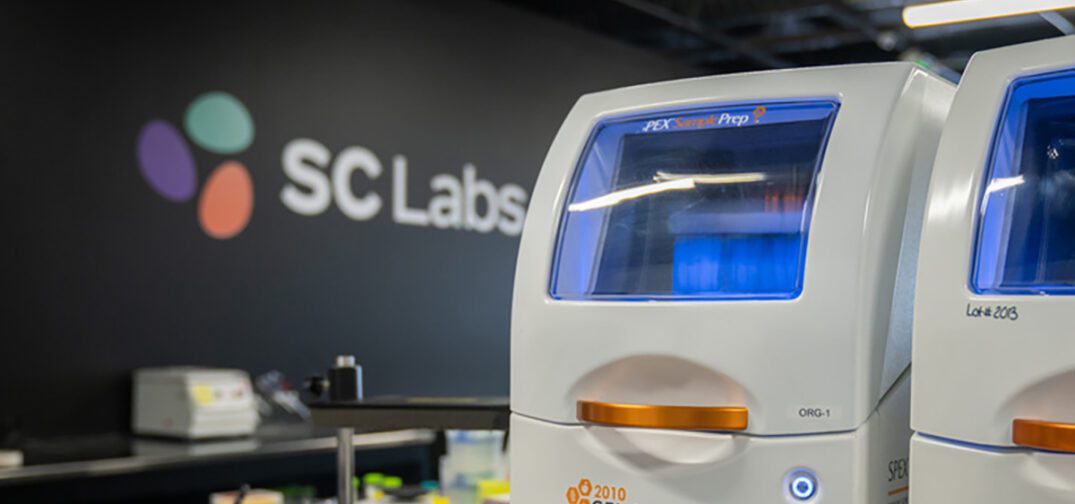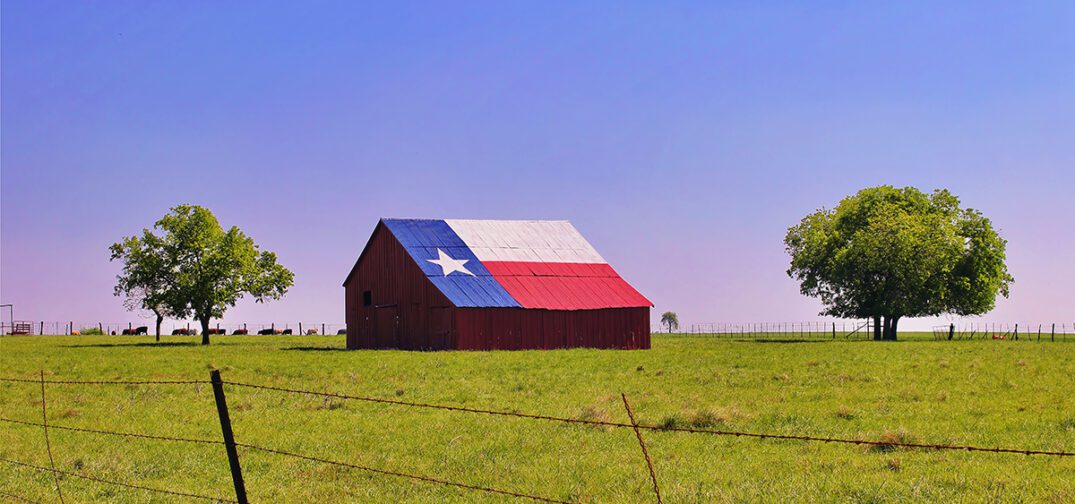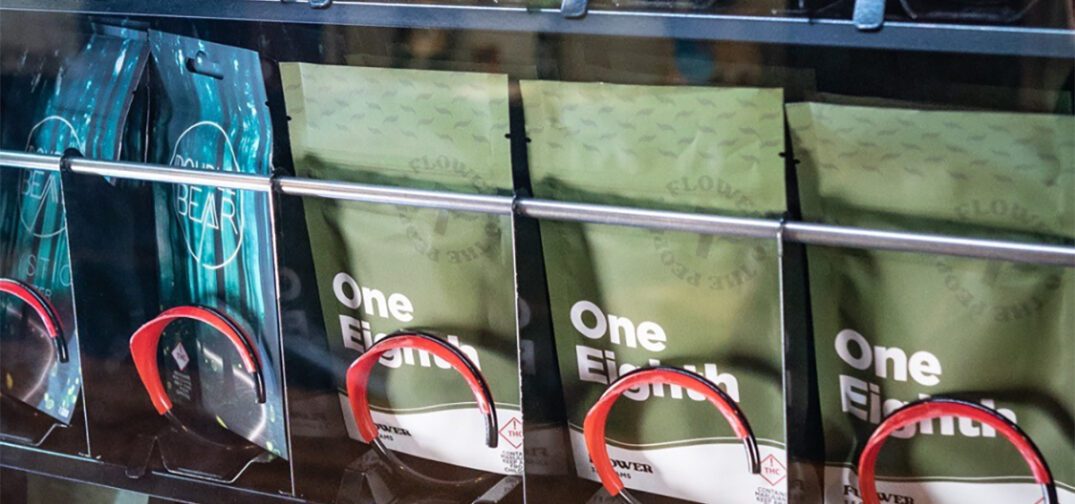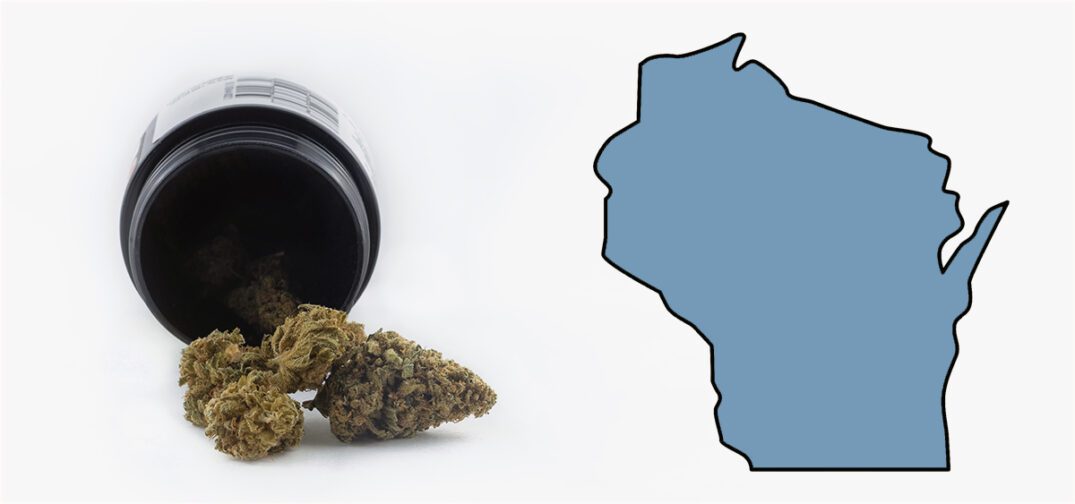Tucson, AZ, February 16th, 2023 – Halo Infusions & Extractions, LLC (Halo Infusions), southern Arizona’s largest cannabis-infused product manufacturing operation, has announced plans for construction of the state’s largest dedicated infusion kitchen, with expectation of full production by mid-2023. The new, $2.5 million state-of-the-art kitchen will initially provide more than 7000 sq ft of manufacturing space, supporting seven separate production lines, and thousands of square feet of refrigerated storage and distribution space.
Only a year ago, as part of a $30M landmark sale of its retail and cultivation licenses, Halo Infusions spun off its infused product manufacturing business. “Selling the licenses enabled us to focus on our first true love – infused products,” said Murray Stein, CEO of Halo Infusions. “Without the distraction of the demands of retail, we felt that the ten years of infusion experience we’ve gained would prepare us for even greater opportunities.”
“This is really the original vision of our founders,” Stein related. “We are software, electronic, and optical engineers by training and vocation, so it’s easy to appreciate why we’re so formal and process-driven. We’ve always believed that we could create better infused products by applying the disciplines of science, engineering, and manufacturing that we learned elsewhere,” added Stein.
The new Halo Infusions kitchen will help realize those goals on a scale not possible until now. Plans include new automated gummie and candy lines, multiple beverage production systems, and multiple large ovens and freezers. “We’ve designed the space to employ an agile reconfiguration model that allows us to shift production lines based on our real-time needs and those of our customers,” remarked Brandon Hamm, Infrastructure Manager at Halo Infusions. “Every one of these production lines has a minimum of three stages, or as many as ten when we include product and lot packaging. Accomplishing this accurately requires that our production, packaging, and quality teams work together effectively. Scaling that model is our mission.”
Halo Infusions’ brands are among the longest available in the Arizona market and include Aunt Ellie’s, Cannabliss, Canna Confections, Chronic Health, and Pure & Simple. Soon to be released is a suite of canine pet products under the Canine CBD Therapy brand. “Our unique whole-plant approach using RSO extraction methodologies allow us to retain more of the plant’s compounds than many other approaches,” said Chad Johnson, Halo Infusions’ Infusion R&D Manager.
“Our infusion model relies on capturing minor cannabinoids, terpenes, and even flavanoids. We genuinely believe that the synergy between all of the cannabinoids and other compounds in the plant is lost when over processed or refined. Our infusion model minimizes that loss for a better product and experience,” he added.
Opportunities in the Arizona cannabis market exist are limited by the relatively small number of dispensary and cultivation licenses available through the state’s program. “Every infusion kitchen has to operate under a state-issued license.” added Hamm. “There is a lot of responsibility that comes with operating under that license. Maintaining compliance with Arizona’s strict rules requires dedicated staff and expertise. Semi-annual inspections of dispensary, cultivation, and kitchen operations determine how well the rules are adhered to, and not doing so can mean significant fines or worse. Arizona’s rigorous cannabis product testing program, now in its third year, places additional burden on operators. It is all about safety,” he said.
“We have a staff of five Quality Management & Quality Control staff, and we are still super busy,” stated Hamm. The team helped formalize a system that documents processes, procedures and responsibilities for achieving regulatory compliance, product safety and meeting customer expectations. “Every day we remind ourselves of the importance of the safety of our products. Patients and adult users alike look for consistency and quality. They don’t have to worry about the product safety because we do,” added Hamm.
While Arizona may have a limited number of licenses, it has not restricted the proliferation of new brands. “There are well over seventy-five individual infused product brands in Arizona, with more than thirty making gummies,” offered Suzy Tracy, Corporate Marketing Manager for Halo Infusions. “Many of these businesses are challenged by limited product space and operations staff. They are also at the whim of the license holder, who may not want the risk of an operation they do not fully control, using their license.” she added.
Another key factor affecting the Arizona cannabis market is the impact of multi-state operators. “MSOs like Curaleaf, Verano, and Harvest (now Trulieve) obtained their in-house brands through acquisition of the dispensary licenses they were associated with,” commented Tracy. “And while some of the brands and their products are decent quality, many are not”, Tracy added. “So we have a lot of independent brands in Arizona, some struggling in-house brands with multiple dispensary operators, and many small infusion companies hoping to build market share.”
As Halo Infusions began looking to the future, they realized that sharing their expertise and operations resources represented the greatest opportunity of all. “Our partners got together and decided that our greatest contribution to the infused product market would be to help others excel as well,” stressed Linda Bell, CFO for Halo Infusions. “Our new kitchen will enable us to do several exciting things we couldn’t before. For example, we’re planning a white label operation for smaller operators to help establish and build their own brands. And we expect to provide manufacturing facilities and support to enable independent – even currently out-of-state – brands to better penetrate this market,” Bell added.
“Using our new kitchen, our well-established current good manufacturing practices, our comprehensive testing program, and our state-wide distribution capabilities, we expect to become a real catalyst for maturity in our market,” said Bell. “It’s going to be a terrific ride.”
For additional information, the media is advised to contact:
Suzy Tracy
Halo Infusions & Extractions, LLC
Suzy.Tracy@haloinfusions.com
520-465-4966
